Dyson Alumni
Dyson Alumni
From medical doctors, authors, screenwriters, and TV and film producers and directors to executives in information technology, sports, and marketing and communications, Dyson’s amazing alumni are making a difference in the world.
Dyson Doctors
Dyson has prepared students for careers in all aspects of healthcare and medicine, and in this section, we’ve highlighted three outstanding alumni—an anesthesiologist who was one of the first Pace students to go to medical school, a chiropractor who treats patients holistically, and a psychologist first inspired by music—so their stories can serve as a prescription for success.
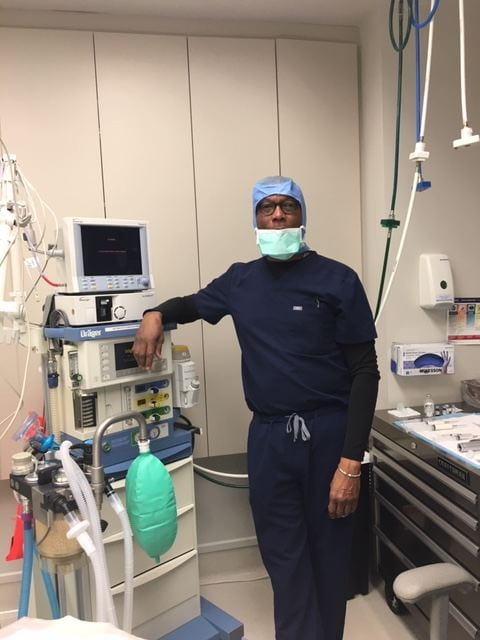 Dr. Harold Brandford ’72
Dr. Harold Brandford ’72
Harold Brandford calls himself the accidental Pace student, and one can say the outcome has been positive, and even miraculous.
Arriving in United States from Barbados as a young man, he was first directed to Pace College, as it was known in 1968, by an admissions officer at another institution he considered attending, who had praised Pace for its experience guiding foreign students. When he sat for his entrance exam, so much in the educational system of this new country seemed novel to him: The use of No. 2 pencils instead of pen. Multiple-choice questions instead of essays. A required dress code of jacket and tie.
Once accepted to Pace, Brandford immediately set his sights on going to medical school, and to further this, he found the perfect mentor in Professor of Biology Dudley Cox.
A family member of Cox’s had also emigrated from Barbados, so the two men immediately shared a common bond, developing a friendship over the years. When Brandford expressed concern that Pace, known primarily at the time for being a business school, had not yet seen a graduate go on to medical school, Cox was confident that it would only be a matter of time. Brandford was guided to enroll in challenging courses, seeing each as a step closer to his goal, and enjoying the process of learning.
“Most of us are not especially
gifted, but if we set a goal, and
make a commitment to achieve,
miracles are possible.”
“I will never forget the look on [Cox’s] face when I showed him my first acceptance letter from medical school. He started giggling, looking back and forth between me and the letter,” Brandford said.
Today, he is in private practice in Seattle as an anesthesiologist with a focus on outpatient surgery.
His dream of being a doctor is rooted in his childhood, a time in which Brandford describes himself as rather sickly, suffering from asthma, eczema, and frequent injuries. When he visited the office of his local doctor, Brandford admired him as a man who could “fix” people, and he aspired to do the same one day. Initially studying surgery, he later switched to anesthesiology, finding it a perfect mix of the understanding of anatomy, physiology, and pharmacology and how these disciplines interacted.
Celebrating his 40th year in the profession, he loves his work and is inspired to keep going, hoping that through his efforts, the quality of care in outpatient surgery will continue to improve.
The journey wasn’t easy, and Brandford admits that developing self-discipline was initially challenging. He recalls his days at Cornell University Medical College (now Weill Cornell Medicine), when he would hear the sounds of laughter and good times outside his apartment while he was studying. The habits he acquired then, however, served to benefit him.
Brandford, who will now be collaborating with his alma mater as part of his recent membership on the Dyson Advisory Board, also has a prescription for success for students.
“Many people are endowed with considerable natural talent, but without self-discipline and the will to excel, they will, at best, be mediocre. Most of us are not especially gifted, but if we set a goal, and make a commitment to achieve, miracles are possible.”
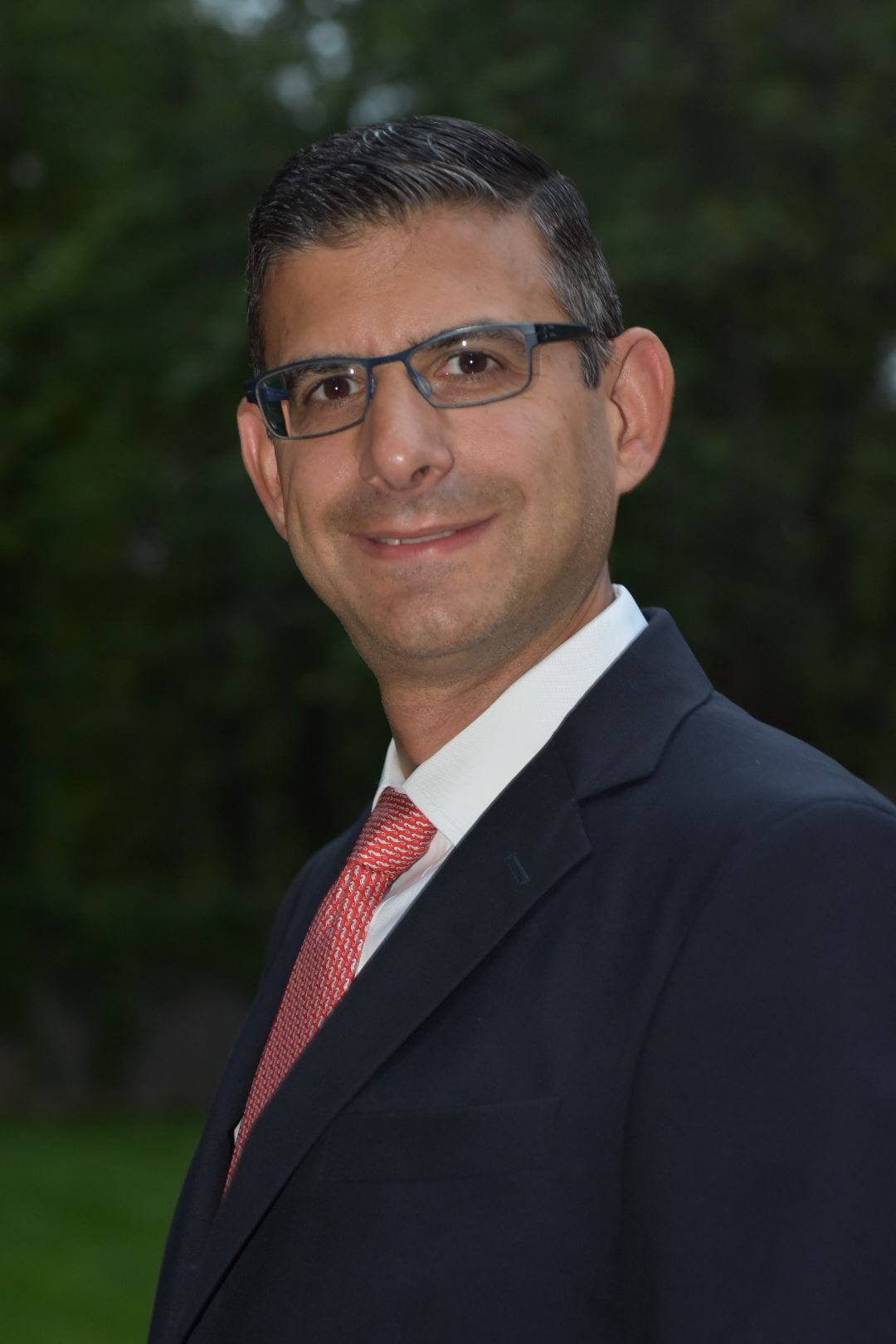 Dr. Marc Gironda ’00
Dr. Marc Gironda ’00
A graduate of the PsyD program in School-Clinical Child Psychology, Marc Gironda plays both the piano and trumpet, and is most fascinated by the universality of music, its timelessness, and its presence in every culture.
He is also interested in musical perception.
“I enjoyed investigating how musicians versus non-musicians process music in the brain, as well as the similarities between music and language,” Gironda said. “Most aspects of how we perceive and understand music, both emotionally and cognitively, were interesting to me.”
As an undergraduate, he earned bachelor’s degrees in both music and psychology at Colgate University, but it was his coursework in applied psychology that led him to Pace’s APA-accredited PsyD program on the New York City campus.
Today, Gironda credits Pace with providing not only an academic curriculum that prepared him for his current work and practice, but also access to professors such as Richard Velayo, with whom he presented research at conferences sponsored by the American Psychological Society and the Eastern Psychological Association.
“The work can be hard, but it’s ultimately very meaningful.”
His rigorous field placements were also a big part of the making of this dedicated professional.
Gironda worked as a school psychologist at the Pequannock Township School District in New Jersey, as well as with children and adults in both inpatient and outpatient settings at Hackensack University Medical Center and Morristown Memorial Hospital (now Morristown Medical Center). Although it was a challenge to balance the demands of graduate school with the expectations of fieldwork, it left him feeling confident about his abilities as a practicing psychologist.
“I felt there was an excellent balance between academic and real-world preparation through my Pace education,” Gironda said.
He currently works at Bartky Healthcare Center in Livingston, New Jersey, focusing on children, adolescents, young adults, and their families. Recognized as a “Top Kids’ Doc” by New Jersey Family magazine, he sees patients with a range of issues, from anxiety and depression to adjustment after divorce and changing family situations, and has a special interest in working with individuals with autism, intellectual disabilities, and other neurodevelopmental disorders.
“The work can be hard, but it’s ultimately very meaningful when I can make a difference in an individual’s life,” Gironda said.
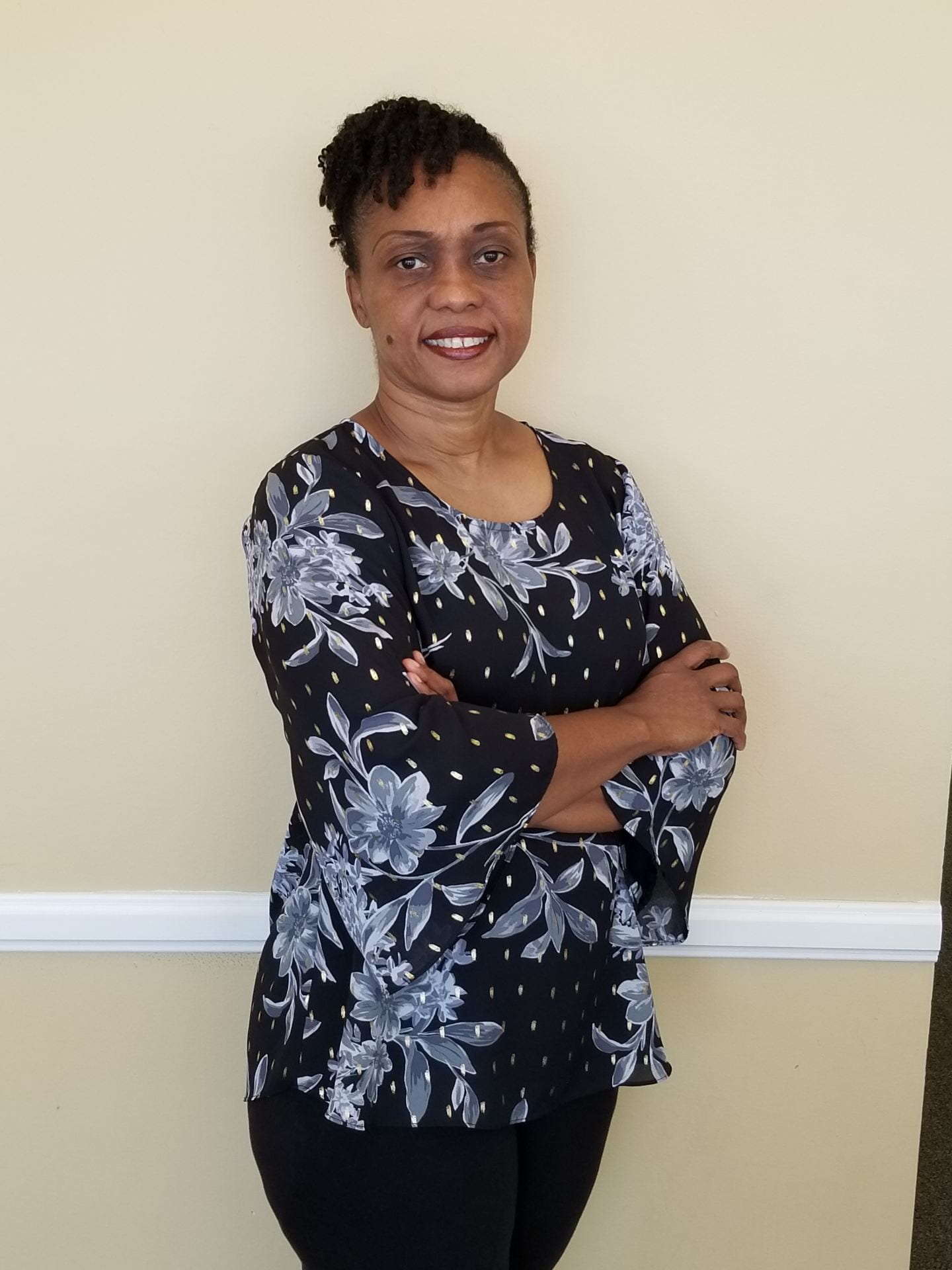 Dr. Yvette Edwards ’87
Dr. Yvette Edwards ’87
For Yvette Edwards, it’s been a long but ultimately fulfilling road from Kingston, Jamaica, where she was born to her private practice in South Carolina, one that incorporates chiropractic, nutrition, weight loss, and regenerative medicine.
Arriving in the United States in 1980 and raised by a single and financially struggling parent, Edwards very much wanted to be independent upon graduation from Pace. An initial career assessment as a student revealed that she could excel in many different areas, so she selected a major in chemistry, a course of study that was listed as leading to high-paying professions.
It has led to her best life in more ways than one.
She said, “It allowed me the opportunity to mix and make products starting from scratch, and I have been able to use this skill in figuring out the best combination of nutritional supplements that lead to health and healing for so many folks.”
“Don’t worry about your future, and hold your image of success.”
Edwards didn’t start out with a plan to pursue medicine. At one point, she did consider becoming a medical doctor, but her philosophy on life and belief that the body is self-healing discouraged her.
After graduating from Pace, she was immediately recruited by a chemical company, BASF, where she flourished for nearly a decade, working in automotive quality assurance.
Then one day, Edwards needed to accompany her mother, who was struggling with walking, to a chiropractic appointment during a visit to South Florida. At the time, she was neither overly familiar with this modality nor aware of its holistic approach to health. Edwards was astounded when her mother, who’d entered the office with a walker, exited “practically running” following her appointment. After having a personal experience of recovery for back-related issues, Edwards decided to enroll in Sherman College of Chiropractic in Atlanta, where she eventually graduated with honors.
It has been almost twenty years that she has been a licensed chiropractic physician, work that is both financially and personally rewarding.
“I am very grateful for the opportunity to help all the people placed with me to enhance and recover naturally,” she said.
Today, she has expanded her practice to include an associate doctor of chiropractic, and she provides nutritional consults, weight-loss therapy utilizing UV-light technology, and non-surgical knee pain recovery, thereby helping others recover from illnesses they otherwise expected to be lifelong.
When asked what advice she would provide students, her response, of course, is wholistic.
“Stay disciplined enough to finish [school], don’t worry about your future, and hold your image of success,” she said.

From marketing and media creatives to one of the first Pace students to attend medical school, a full line-up of inspiring alumni speakers came to campus virtually to meet with students.
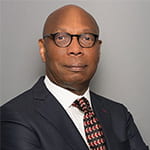
Harold Brandford ’72
Biology
Dr. Harold Brandford is an anesthesiologist in private practice in Seattle, Washington. Originally from Barbados, he is one of the first Pace students to attend medical school.

Artisha Mann-Cooper ’12
Acting, MFA
Artisha Mann-Cooper is a line producer, producer, production manager, writer, director, and actress whose most recent project is as producer of the psychological thriller, Goodbye, Butterfly.
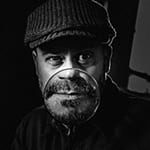
Adam Heydt ’96
History
Adam Heydt is a TV director for The Drew Barrymore Show at ViacomCBS and an Emmy Award–winning director/producer experienced in live multi-camera studio and field production.

Paul Ryan ’86
Literature and
Communication
Paul Ryan is a senior producer of Dateline on NBC and an Emmy Award–winning producer in primetime network television.
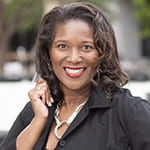
Fern Johnson ’91
Literature and Communications
Fern Johnson is the CTO Vice President, Global Infrastructure and Operations, and champion of diversity, inclusion, and engagement initiatives at PepsiCo.
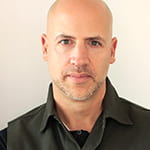
Dario Spina ’91
English Language and
Literature
Dario Spina, as Chief Marketing Officer, oversees the marketing and creative solutions arm of ViacomCBS, including ad sales that integrate brands into the cultural conversation through custom content.
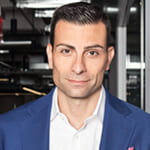
Chris Jones ’96, ’08
Literature and
Communications, BA
Managerial Marketing, MBA
Chris Jones is a veteran communications executive and vice president of corporate communications for FanDuel, a premier player in the sports fantasy industry.

Maria Weaver ’92
Speech Communications
Maria Weaver is president of WEA, Warner Recorded Music’s global artist and label services network, with experience holding numerous senior marketing positions.
If you’re interested in returning to campus to inspire students in our Dyson Dialogue series, please reach out to Senior Director of Development Anne Wakelee at awakelee@pace.edu
Dyson Diaries
Nadia Owusu ’05, political science, and Marcos Gonsalez ’15, English, have both authored memoirs that have been published to critical acclaim. Their writings come from a place deep within themselves and are informed by their very personal experiences. Here is the story behind these two Dyson alumni’s stories—or diaries—of sorts.
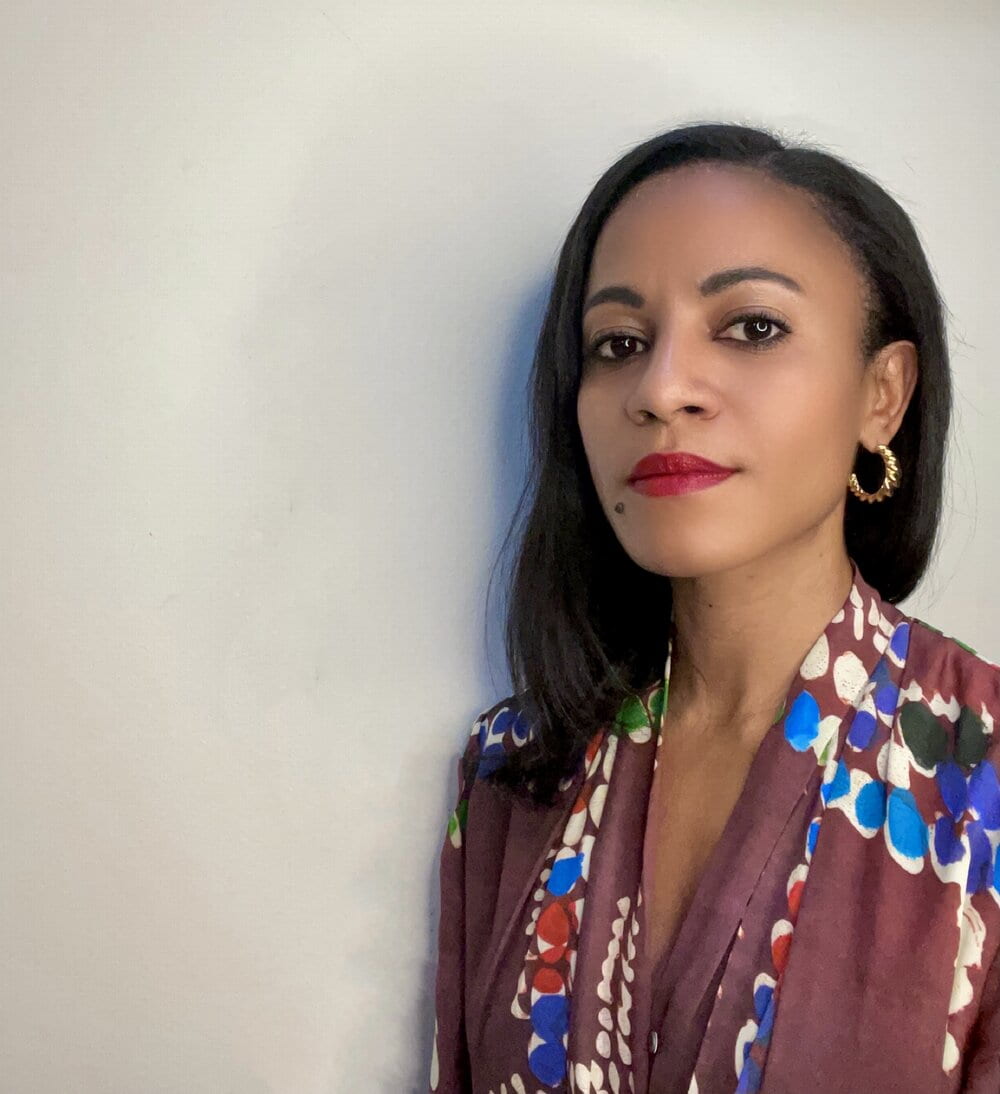 Nadia Owusu
Nadia Owusu
Nadia Owusu started writing at an early age. She recalls being five or six, sitting on the floor of her father’s home office while he worked, writing (and illustrating) “novels,” and then giving them to him to edit.
Today, she is the author of Aftershocks: A Memoir, which she describes as “a literary memoir with threads of cultural history that explores themes like the complexities of family, the multiplicity of identity, the ripple effects, both personal and generational, of trauma, and the meaning of home.”
This weaving of subjects is fitting for Owusu, who is truly a citizen of the world, with a Ghana-born father, maternal Armenian ancestry, and time spent in Rome, London, and East Africa. In addition to being a writer, Owusu works full-time for a nonprofit as a racial justice organizer and on issues of equitable urban policy, with her writing informing her approach to social justice work, and her social justice work informing her work as a writer.
Released in January 2021, Aftershocks was well reviewed by The Washington Post, The New York Times, The New Yorker, and others, and Owusu has had the opportunity to speak about it on NPR, on podcasts, and at events with bookstores across the country. In 2019, she was honored for Aftershocks with a Whiting Award, given annually by the Whiting Foundation to 10 emerging writers in fiction, nonfiction, poetry, and drama, and through it, joins an illustrious list of great American writers.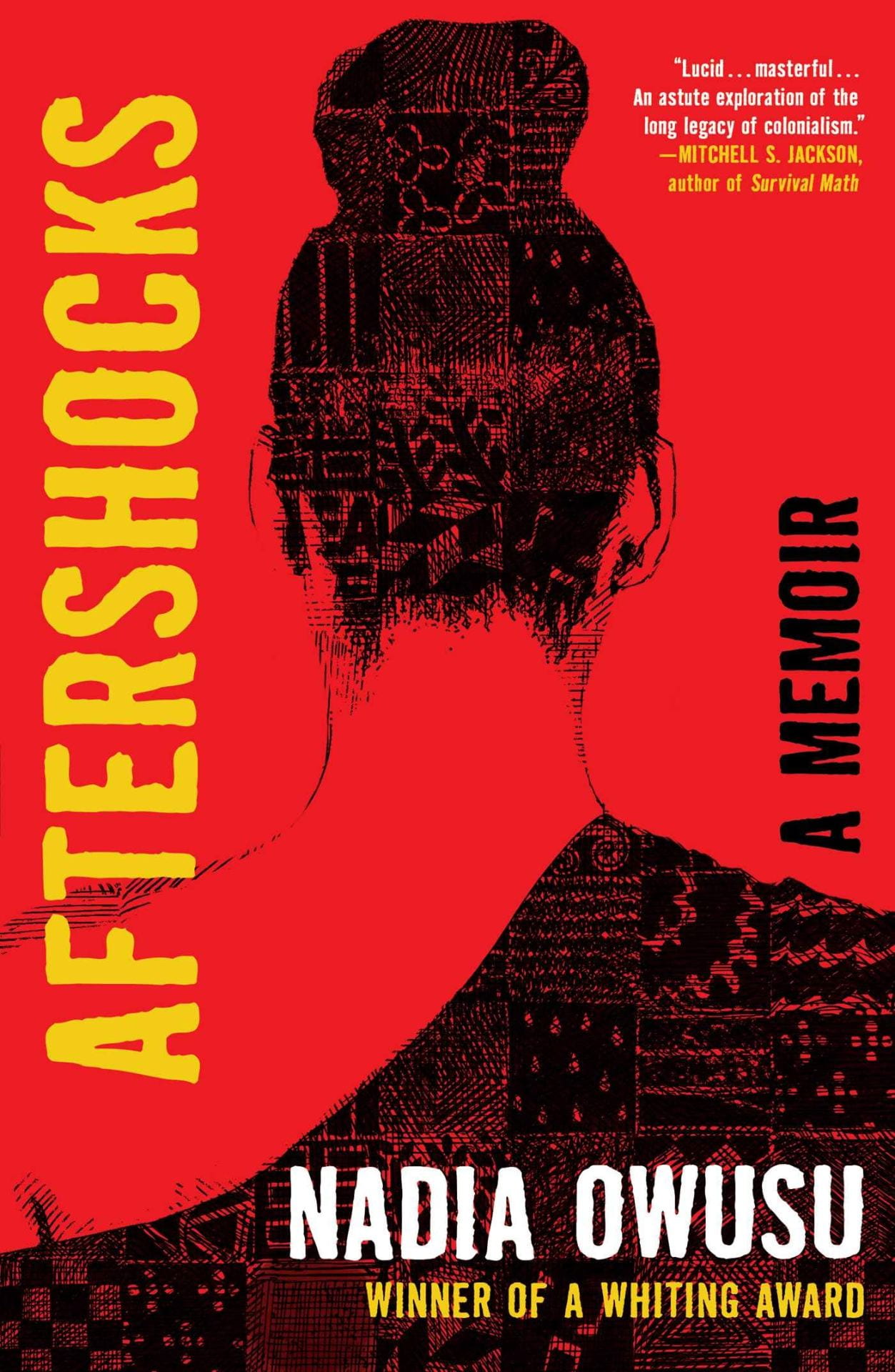
Owusu wrote the book as part of her thesis for an MFA in Creative Nonfiction from Southern New Hampshire University’s Mountainview Low-Residency Program. However, Aftershocks first came about as a private project, and without an intention to become a book. She was simply following her curiosities, an inherent principle in her writing.
It also began from a place of grief. Owusu’s mother left when she was two and her father died when she was thirteen, and through the writing, she was able to process those losses in a way she never had before, as well as have the opportunity to rewrite and revise harmful narratives she had internalized— about African history and the history of the Armenian genocide that brought her ancestors to America.
“I wanted to narrate myself to deeper understanding of the beautiful and rich histories and cultures of the places my family came from and the forces and private choices that shaped my life,” she said.
In writing this book, Owusu hopes readers who are struggling with feelings of isolation, dislocation, and disconnection will persevere in loving each other, especially when distance or other forces make it difficult.
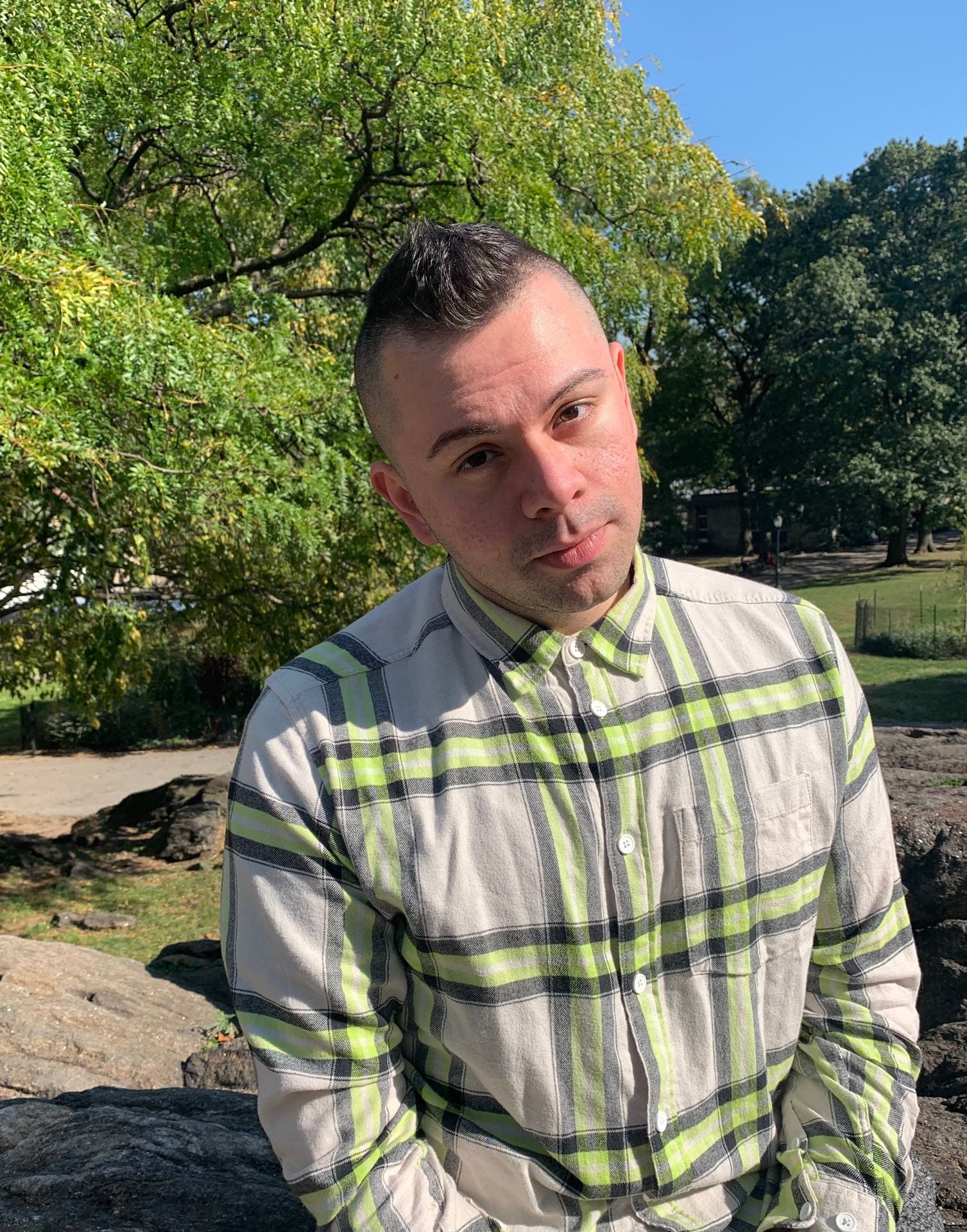 Marcos Gonsalez
Marcos Gonsalez
Marcos Gonsalez started actively writing in his 20s, first in the form of literary criticism for undergraduate papers or personal essays, and then later more seriously for publication. He describes his writing process as slow, and says he needs to sit with an idea for some time, often fussing over words and syntax, which is actually his favorite part of the process.
An assistant professor of English at Adelphi University, he is best known as an essayist, with his work having appeared in Inside Higher Ed, Catapult Magazine, The Los Angeles Review, and The New Inquiry. Recently, he has also authored a full-length memoir, Pedro’s Theory: Reimagining the Promised Land, which he describes as about the quest for understanding one’s past and putting into perspective the social, historical, and political contexts that shape a childhood, which might not have been fully apprehended until later in life. According to Gonsalez, it is about how we work through trauma and find some way in which to live with it for a better future.
“The book is about carving out spaces for queer people of color, for seeing how we can make a better and kinder world for all types of people,” he said.
Published in January 2021, the book was named one of 22 LGBTQ+ Books You Absolutely Need to Read This Year by Advocate, and a Most Anticipated Book of 2021 by LitHub. It was also well reviewed by The New York Times and Kirkus Reviews.
The idea for Pedro’s Theory came about when Gonsalez started writing his dissertation for his doctorate at the Graduate Center at CUNY, as questions he was asking of literature and critical theory in the dissertation were sparking investigations into his own life and mind. Seeing linkages between the critical, professional, and personal, Gonsalez eventually realized Pedro’s Theory was a separate project from his dissertation, as well as something he wanted to write for all audiences.
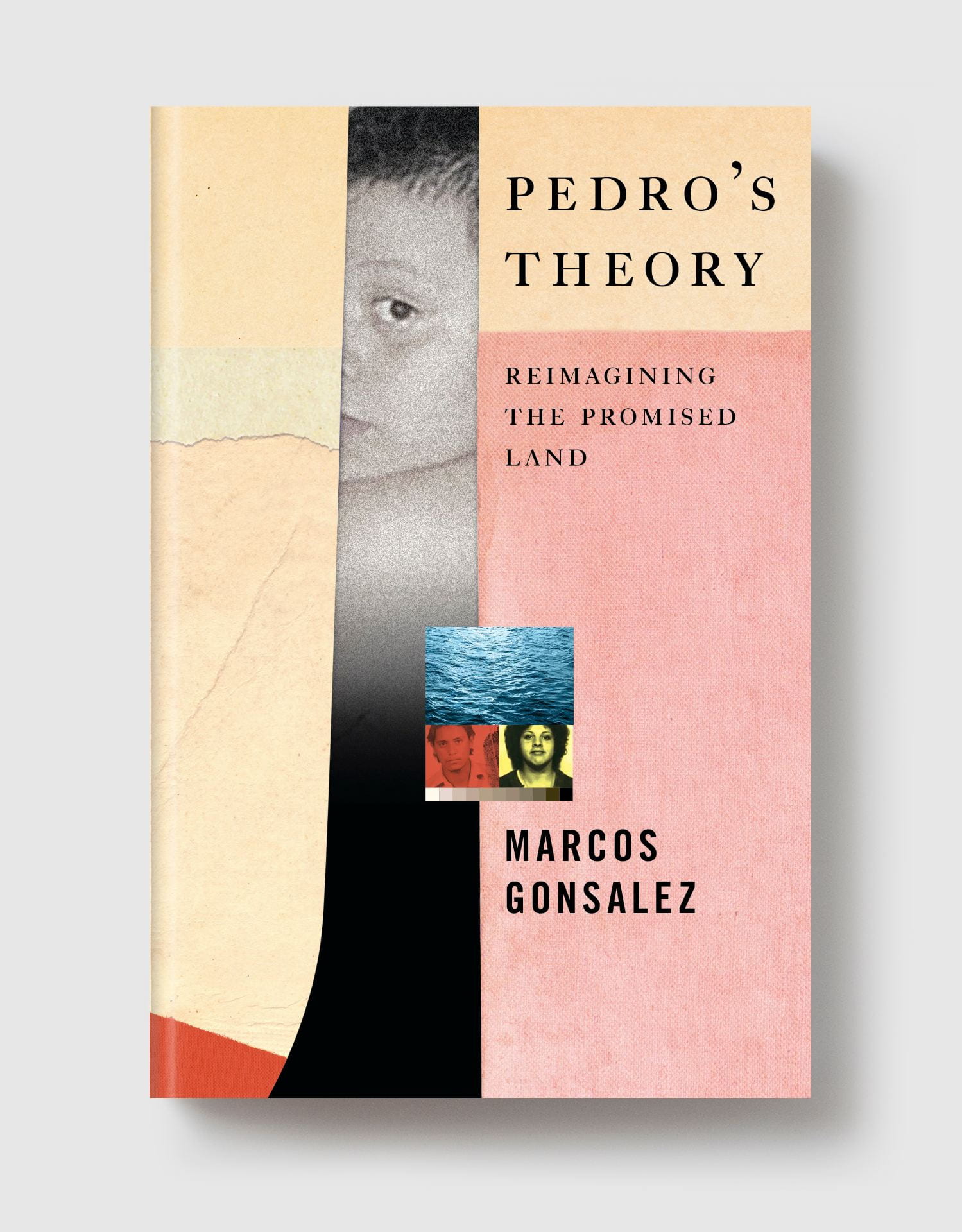 In fact, this personal process is a big part of what he hopes readers will take away from the story. “I hope readers see how the critical and theoretical can emerge from life writing. Particularly for marginalized writers, that our lives and experiences can be the stuff of theory,” he said.
In fact, this personal process is a big part of what he hopes readers will take away from the story. “I hope readers see how the critical and theoretical can emerge from life writing. Particularly for marginalized writers, that our lives and experiences can be the stuff of theory,” he said.
Gonsalez has been motivated by responses from critics and readers alike to his “strange little book mixing memoir and literary criticism and cultural commentary,” and looks forward to seeing what further conversations and responses it generates.
He is also working on a book-length study on how queer of color theory speaks to the issues and concerns facing our world, organizing the book around one significant theorist who has shaped his own writing and thinking, and combining biography, theory, history, literary criticism, and autobiography to address a field of study and thinkers that have really changed his life for the better.
